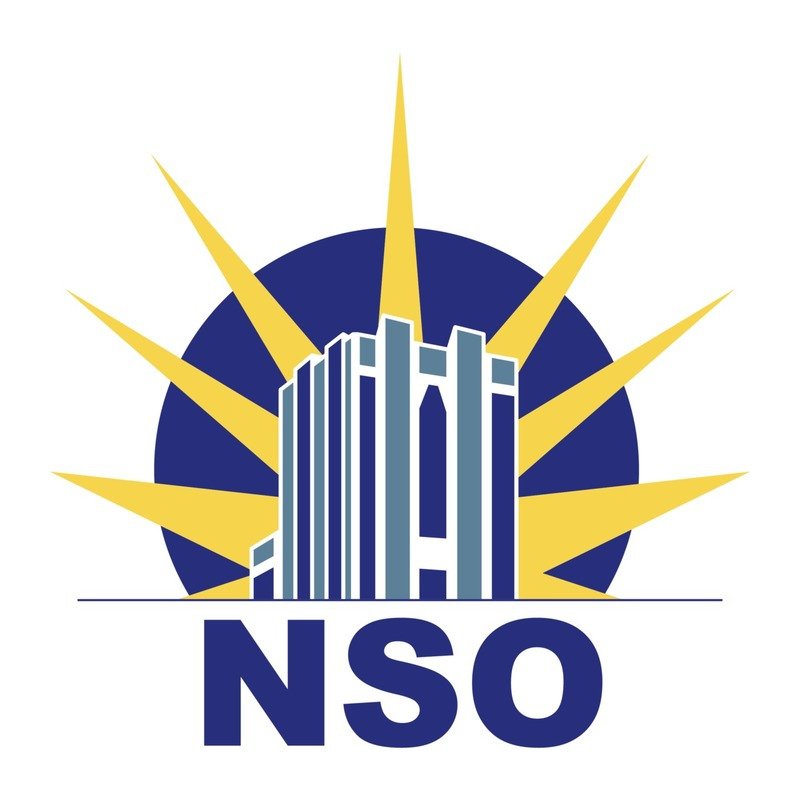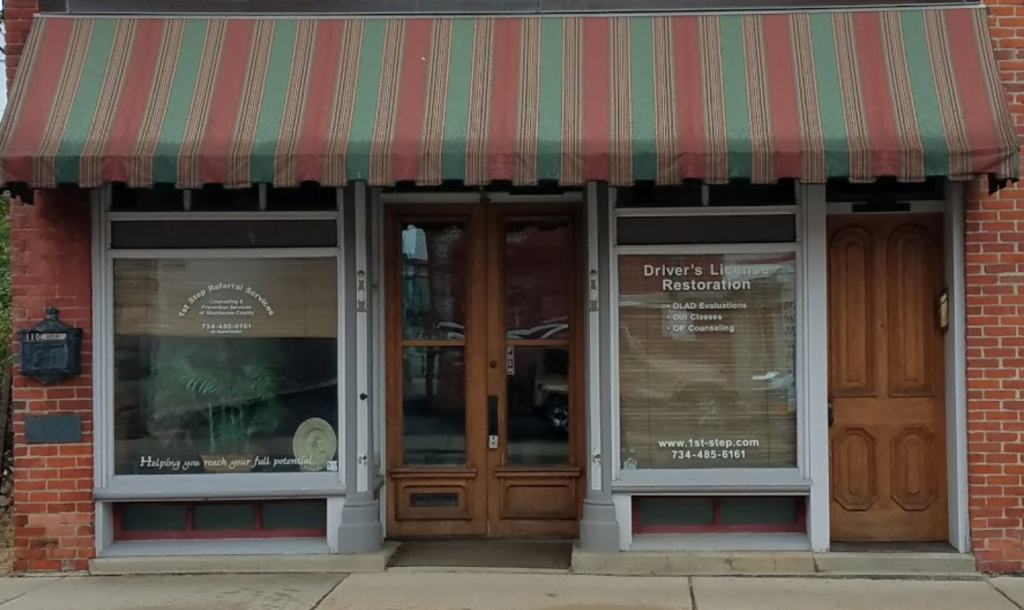Addiction Professionals in the Pandemic – Kristal Reyes
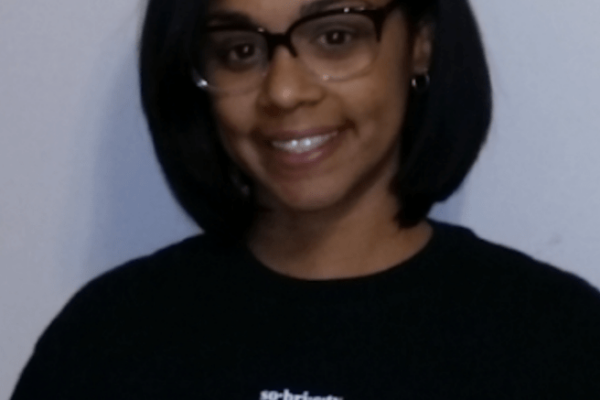
Who are you?
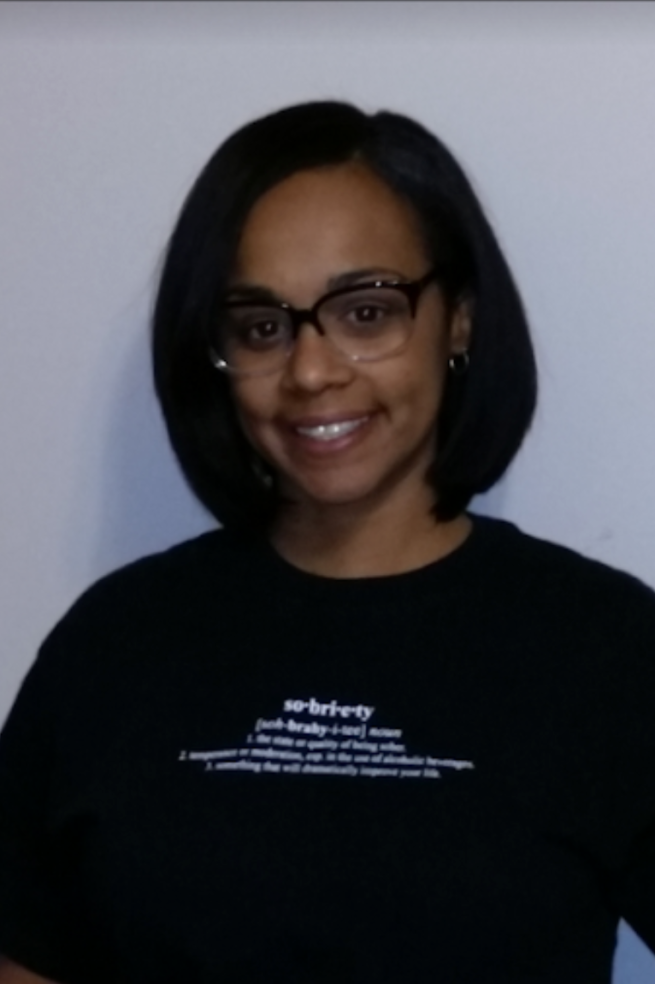
That is a loaded question!
My name is Kristal Reyes, and I am a person in long-term recovery.
I am also a wife, I’m a mother, I’m the Director of Crisis Services for Neighborhood Services Organization [NSO] in Detroit. I’m also the Clinical Director for First Step Referral Services, and I’m a lecturer for the University of Michigan-Dearborn.
Tell us a little bit more about what you do professionally.
I work within the realm of severe and persistent mental illness and behavioral health, more specifically substance abuse. With NSO, my work there is to do assessments and to get people into the proper level of care. So, if you are suffering with a severe, persistent mental illness, then I wanna get you into the right level of care for treatment. If you come to me in my private practice and you are suffering with some form of alcohol or drug abuse or dependency. I also wanna get you into the right level of care.
Okay, so I work primarily in Wayne County in Washtenaw County. In Washtenaw, I provide services for folks that suffer with severe and persistent mental illness as well as those folks that have drug addiction or abuse.
In the city of Detroit, I serve the most vulnerable population. I serve the folks who come into the emergency room, most of my patients are actively psychotic, and my job is to send a team in to do a bedside assessment and try to get them in the least restrictive care possible and to get them to the best care that they can get.
You mentioned that you’re a person in long-term recovery, do you have any other personal interest in addiction and recovery that you like to share?
So, you know, it’s so funny you asked me that… I was talking to my 11-year-old son the other day and, ironically, we were talking about death. I told them that I wanted to be cremated, and he asked me, where did I want my ashes sprinkled? I told them I wanted them sprinkled at Dawn Farm, and he thought that that was so odd. I explained to him that prior to August 30th, 2011, I didn’t have a life worth living, and so being a person in long-term recovery for me is the greatest gift that I’ve ever had, it was like my second birth. My recovery day is more important to me than my birthday. It was the day that I had the opportunity to become a mother… I was already a mother, but I was allowed to become a mother to my children. Recovery has allowed me to get married, to have children, and to help other people just like myself.
Tell us a little bit more about your professional experience in the area of addiction and recovery.
So I got my undergrad at Eastern Michigan University, I stayed there and got my graduate degree in social work with a concentration in mental illness and addiction. I started off and Dawn Farm. So you gotta know I went through the Farm in August of 2011, and literally the day that I reached that two year mark, where I could work, I began working at Spera, their detox. [Dawn Farm requires a waiting period of 2 years before hiring alumni.] And I’ll tell you, it was the best ever. I probably worked 40 to 60 hours a week. I worked so much they told me I needed to stop working. I worked there until I completed my master’s program. Dawn Farm has always had a special place in my heart [obviously! ] because I went through there. I still keep in contact with former Farmers, I still keep in contact with the team that works over there, I share clients with them on a regular basis.
Following Dawn Farm, I had a short stint with outpatient services at Hegira. I left there and came over to NSO where I started with the COPE team [Community Outreach for Psychiatric Emergencies]. From there, I went from working as a COPE clinician to the program manager, to the director, and now just recently, I am now director of our substance abuse programs that we are implementing, which is an evidence-based MAT [medication-assisted treatment] program.
Professionally, what are you most proud of?
I’ll have to say the work I do at First Step Referral Services. Lots of our clients come from the court, and having the ability to see someone walk in… and to see them walk out, as this kind of changed person is such a gift. I knew it from a personal level– what recovery can do–but watching some of these folks come in and the light bulb goes on. Being a person in recovery and working at Spera… I’ve seen some of the sickest people that you can see, right? But sometimes those people that are kinda in the middle, before they have to get to go into Spera… So, a first DUI or a minor in possession… I had a client come in the other day, and he tried to bullshit me with his using history. I pulled my mask down and I was like, “Dude! I’m with you. I’ve been there.” And, I told him that smoked weed I drank, and I was a felon. He was like, “What?”
What we had was that ability of one addict relating to another, but it was on a totally different level. You could tell that his guard went down, and he was able to share his experience with me.
I think that one of the biggest pieces of the work I do right now is from a few years back when I got the ACEs training. After that, I was able to put into perspective the adverse childhood experiences and actually find… not necessarily that reason… but being able to help somebody with the why. Why do I keep using? Why am I like this? Why am I an addict?
We’ve been getting a lot of calls from these young folks that are getting tickets for driving under the influence of marijuana and for them to come in here and for us to have an opportunity to share with them… not my position on weed or not my story of my marijuana abuse. But, to share with them like, “Hey, I understand why you smoke weed… this is what it does for you… this is why you smoke it. When you’re ready… when you’re willing to look at some of these things and find some different coping mechanisms, call me because I’m here to help. Then, when the phone rings a week, or two weeks, or a month later, and that same 21-year-old kid is like, “Hey man, maybe I don’t need to smoke weed.”
I think that that has been the most rewarding of all the accolades that I’ve had. It’s just kind of seeing the light bulb go off.
What keeps you working in addiction and recovery?
That’s part of it. But in all honesty, those four little boys that I have. I am the first person in my family that has been able to have children that don’t have to have parents that are using addicts. I can’t take back the trouble and the trauma that I caused my oldest son… being the child of an active addict. I cannot change that, I cannot fix that. But this year marked my ninth year clean, which was the exact timeframe that I was using. So for me, that was a huge gift. I get to be clean the same number of years that I used. So now, those three little boys that I had after him, never have to see me high.
So I get to help those mothers and fathers, those first generation people to have the understanding of recovery. When I got here, I had no idea that people live without drugs. NONE! I’ll never forget this, when I had my intake at treatment, he asked, “So what do you want?” I said, “I just wanna drink and smoke weed like everybody else without getting in trouble.” And he was like, “You know what kid? You belong here.”
I never ever had a goal of never using. I just wanted to feel human. I just wanted to work a regular job and stop getting arrested. I didn’t know that I could have a life worth living that didn’t include any mood or mind altering substances. For that, I’m so grateful, and I just wanna give that to everyone else. I just wanna offer it. I wanna wear recovery on my forehead. Like, “Hey! If you want this thing, you get to have it. It’s free. I’ll tell you all about it. It doesn’t cost anything.”
How has the pandemic affected your work?
So I think a pandemic has probably affected me personally more than professionally. I’ve seen a lot of people that I’ve been really close to that just simply couldn’t handle the pandemic, they couldn’t handle not going the meetings, they couldn’t handle the change that came. I’ve seen a lot of people go out with days, and weeks, and months, and years, and decades clean, and that’s been a really hard thing to handle.
The other piece to that is knowing that there’s no access to treatment. If you work in this field, and you know that when someone calls you when they want treatment, you’ve got about five minutes to get them in and to get them a bed. When the pandemic hit, things just stopped. Meetings stopped. Recovery stopped. Access to treatment stopped. For the first time in my entire professional and personal life, recovery as I knew it was on hold.
So that meant the newcomer didn’t have a safe place to go. No one was brewing coffee, and most importantly, Spera closed its doors. For that was traumatic in itself… where do these addicts go? What are they supposed to do?
So I left my phone on at night. I stay as close to work as possible. We found that a lot more people were calling us… they were just Googling trying to find somewhere to go. We got a lot of cost for methadone and Suboxone, and I don’t provide that here. So I spent a lot of time on the phone with sick and suffering addicts who were looking for help, and I just simply couldn’t provide it. for the first time, I didn’t have a number to give them.
As far as my work with NSO… I think that’s the part that hit us the hardest, because COPE shut down. We were no longer able to go into the hospitals to see our patients. And the other side to that is the folks that were in recovery with severe system mental illness… their lives changed, they were afraid. If you already suffer with schizophrenia or paranoia or anxiety… in the pandemic, that is tri-fold now. These folks were afraid to leave their homes.
I lost a really good co-worker of mine during the pandemic, not to COVID, but to untreated mental illness because he was afraid to leave his house. So he stopped reaching out, he stopped going to work, he stopped taking his medication because he ran out and his paranoia got the best of him. He committed suicide after 20 years in recovery with severe and persistent mental illness.
You’ve already spoken to this, but do you have any more to say about the effects of the pandemic on the people you serve?
I think one of the unintended consequences is the increase in [AOD] use, people are using more.
People that didn’t ordinarily use… or the people that were… I hate to use this term… but I’m gonna use it ’cause I can’t think of anything better… people that were functioning alcoholics… people that drink after work, but could get up and go to work every day, never had a DUI, folks that smoke weed at the end of their shift but got up and went to work every day and didn’t really have any hard consequences of their use… all of a sudden their job was gone. So those folks that would wait until 5:30 or 6 PM to drink, all of a study started drinking at noon. And, as you know, their body can develop dependence to alcohol without permission.
So we started seeing an increase in younger people coming in that were smoking more marijuana than they had before. On top of the fact that they had been working, but now you have an increase in unemployment benefits. They’re already living check-to-check, but now they’re getting on employment benefits, they have no requirements as far as getting up and going to work, so they’re starting to drink earlier in the day and drinking later on in the evening.
The other piece that I think really got a hold of me are the children. I don’t think that people really understand and that a lot of the families that we service have kids at home, and those kids to look for their parents to go to work and keep stable. Those kids look forward to going to school every day. Without school, parents are now more stressed out, they’re home with their children, they’re using, they’re smoking and drinking at home now on a much higher level than they were before. Kids aren’t in schools where they’re staying up later. The unintended consequences of seeing their parents drinking and smoking more often. And now that school’s online, we’re seeing the same thing. You’re seeing parents that are like, “it’s legal to smoke weed.” So, they’re smoking weed and the kids “classrooms.” Before, at least kids would be able to get that eight hours a day away from their traumatic homes, and away from their parents were smoking and drinking at home, to go to this place where they felt safe and secure, and now they don’t have that.
So you have stressed out parents who already have risk factors, that are now increasing their use, and these kids that are stuck at home since March of last year without any outlet at all, without any safe space. It seems like these kids are on this heightened sense of awareness… they’re on a 10… an emotional level of a ten, consistently. From our work in crisis, we know that that’s not good for their brains, it’s not good for their living, it’s not good for their sleeping, and it’s also a predisposition to them using drugs and alcohol at an earlier age. I’m really concerned about the long-term effects of this pandemic on these youth… their life has just been completely disrupted.
What, if any, long-term effects do you anticipate for the field?
Well… in 2018, when I got a promotion at NSO, I sat at a table and I discovered that clinically, I was good at what I did with individuals and small groups, but I started to learn that I needed a different piece to this puzzle in order to be as effective as I really wanted to be.
So I went back to school and I will graduate with a Masters of Public Health in December from Purdue. What that education has taught me is a population view, so I think one of the long-term effects that we’ll see on this is the effect that it’s having on the kids.
I think that that’s going to have a huge impact–the effect that it’s having on the youth… the youth that didn’t have access to high-speed internet at home, the youth that were not able to go to school to kinda get that reprieve, the youth whose ACEs [Adverse Childhood Experiences] scores just jumped from a 4 to 7 over the term of this pandemic. That’s gonna be, I think, the biggest consequence, at least in my field right now.
The other piece to that, I think, is going to be once things loosen up a little bit, because the pandemic is one thing, but there’s a whole other health crisis out here that we’re fighting along with the pandemic, and that’s the systemic racism. Because of this, you’ve got this inequality as far as getting into treatment and having access to beds. I think we’re just gonna see that multiply.
We see that here. I see clients right now that I don’t charge because the Ypsilanti Transit Center has decided to transition some of their routes, and so some of these people who could normally go to another treatment provider under their Medicaid coverage can’t get it. Or, because of COVID, they can’t get there with their children… it’s an hour and a half bus ride or there’s no bus ride at all. So they come to us because we’re right in their neighborhood. So I take them in, and provide treatment, and give them resources to the best of our ability. I think we’re already seeing some of those effects, and those effects are just going to increase.
Do you see any new opportunities in the pandemic?
Absolutely. One of the best things that’s happened in the pandemic is the increase in telehealth. Telehealth was one of the most underutilized interventions known. You had to have really great insurance for it to be covered and even then, it was touch and go.
One of the benefits that I think I had in my private practice was the fact that because we were so small, it was easy to change, like there was no red tape, there was no bureaucracy. It was like, “Hey, we gotta do this. This is what we’re gonna do.” Now, my husband is taking a little longer to transition over. [laughter] He was really skeptical. But for me, it was like, we just need to do this now.
So, there was not really a time that we had a lapse in treatment for folks. But that was for us. For these larger entities, this is a huge undertaking to offer complete telehealth under the HIPAA guidelines. For us, it was just super simple, refer these larger entities, not so much. One of the things that we’ve seen with our outpatient groups is the difficulty in keeping folks connected, so to speak.
So before you’re coming in… if you know anything about addiction, that the number one treatment modality for addiction is connection, right? We know that upfront, whether it’s connection in AA or NA, or connection in treatment, it’s connection. Connection with other addicts in recovery. So, when you take that platform away and you put it all on the screen… I don’t know about you all, but there’s been a myriad of meetings that I’m in that I’m supposed to be paying attention and I’m doing 10 other things. So we find in outpatient that it is a little bit harder to keep people engaged than it was when everything was in person.
So I think that taking that extra step and making those phone calls and connecting with people that way. I run a woman’s group for trauma survivors, and I find that we’ve been text messaging. That was under-utilized on my end. So, being able to meet with them on Zoom and then text messaging them here and there, or allowing them to text message me if necessary, has been super helpful.
For sure, Telehealth. Let me just say this, we talk as social workers a lot about meeting people where they are, but not leaving them there. This pandemic has allowed us to literally do it. I’m literally gonna meet you in your living room, right now! If you want treatment, here I am, I’m gonna meet you in your living room with your scarf on, your doo-rag on, your kids running around the background. If you tell me that you want services and you tell me that you want treatment, I’m gonna give it to you right in your living room you don’t have to leave. I find that when I tell people that… when folks coming here that have been sent by the court, or they just walking in, I can say, “I can meet you where ever you’re at. I can meet you in your living room. Send me your email address, and I’m gonna literally meet you in your living room.” And they say, “I don’t have a laptop.” I say, “Do you have a phone? So here we go.”
So I think that that this was definitely underutilized. I’m so helpful that when the pandemic and the consequences of it begin to kind of lessen and die down, we will still have the opportunity to continue to use this platform. I think that we have the capability of reaching so many more people this way. Not everybody’s ready to walk out into the world, but if you can meet them and their living room… that’s a good start.
Last question, if you were able to devote yourself to a fantasy project to improve treatment and recovery support, what would it be?
I would like to say it’s a tough question, but it’s not… it’s really easy. For me, it would be universal health care. Because, if there was universal healthcare, if there was universal access, then there would be no wrong point of entry. Right now, I have to turn people away because I can’t take everyone for free. Right now, I have to do an assessment with someone and hope that they follow up with the recommendation that I’m giving them.
For people that don’t know, I got to Dawn Farm literally by the grace of God. I didn’t live in Washtenaw County. I hadn’t been to treatment before, they literally gave me a $10,000 bed.
I’d like to think that at this point, I’ve paid that $10,000 back by staying clean and giving back. So I try my best to take in as many clients as I can that don’t have the ability to pay. But, to be someone in recovery and to see that sick and suffering addict, to see that mom that needs help, and that I can’t give them help, when I have the resources, I got a door, I got a table, and I got a degree. But to not be able to service them simply because they can’t pay or because they don’t have the right insurance is really hard for me. So if I had it anyway, it would definitely be universal healthcare, because then it wouldn’t matter. Then, whatever door they came in… if they came in because they needed childcare, I could help them with their substance abuse. If they came in because they had a severe and persistent mental illness or they had depression, I could help them with their substance abuse. This way right now, there is so much red tape, it’s so hard to get treatment to the people that need it and want it the most.
I think the other project to go along with that would be… I’m a firm believer in the ACEs study… that these experiences… this trauma that we have as a society. I’m a firm believer that our alcohol and drug use and addiction are directly correlated to the life that we all have to live. So… I remember someone sharing with me, I wanna say it was William White, about plucking the tree out of the woods. You pluck this dying tree, and you stick it into this recovery area and it gets bold and beautiful, and then you take it out and you put it back in that same environment, it dies.
But what if we put recovery in the community?
So one of the goals that I have… my five-year plan… is a building down here… I don’t know how far that’s gonna go, and I’m gonna tell you a secret. There’s a building out here… down the role from us… near Eastern [Michigan University] that’s been empty for years. Every time Rhett and I drive by it, our goal is to purchase this building so that it can be like the epicenter of recovery… where no one that walks in that door is turned away. If you want services, you come in and we help you figure it out. Almost like the Ozone House [a local youth shelter and support program] is for kids, but this is for anyone that wants treatment… anyone that wants services.
So my ultimate goal is to open that building and have it open and brighten up the Ypsilanti community where I live, work, and play.
So the recovery is possible for anyone that wants it.
